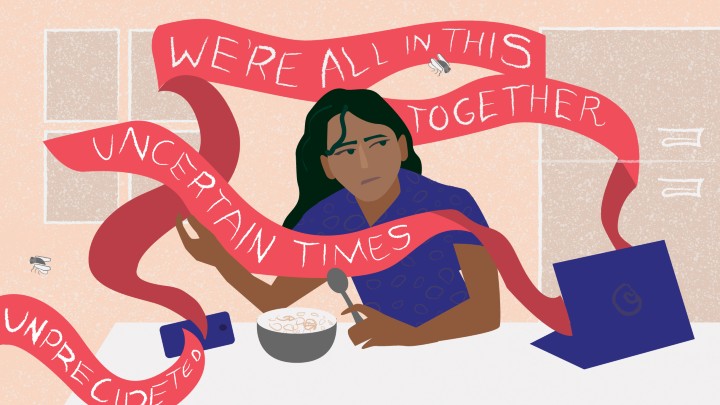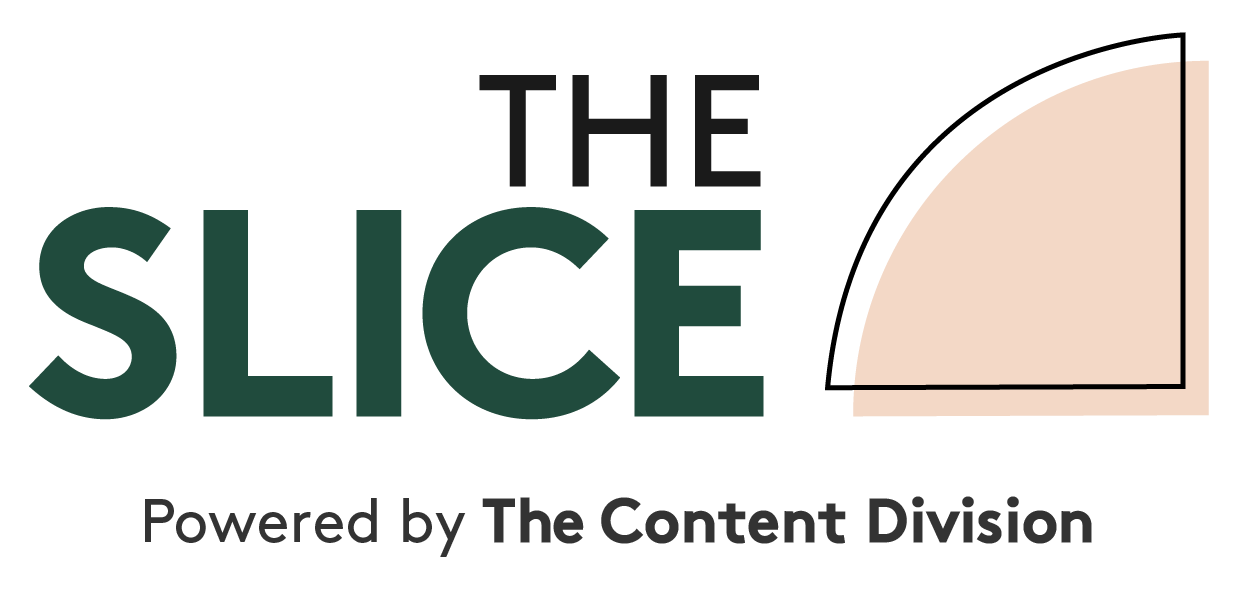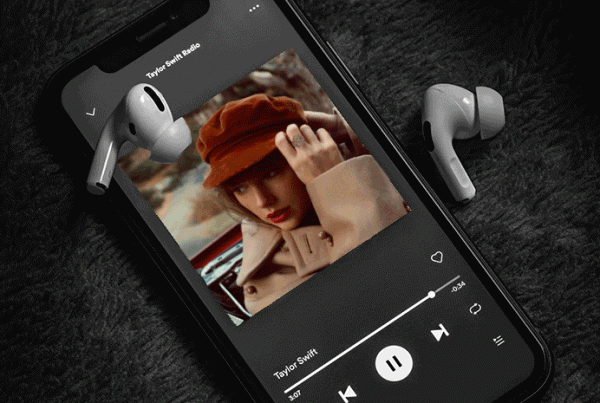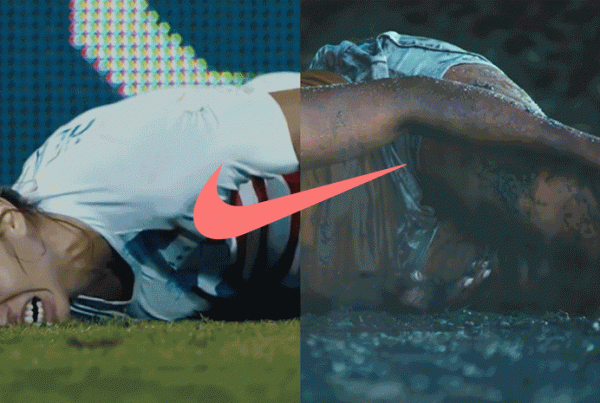
Since the coronavirus outbreak was declared a pandemic in early March, certain phrases have become more widespread than hand sanitiser, face masks and COVID-19 itself.
‘Uncertain times.’
‘Unprecedented times.’
‘We’re all in this together.’
‘Now, more than ever.’
Over the course of three months that have felt like three decades, brands have clung to these fuzzwords like their existences depended on it, despite – or, more likely, because of – their deliberate vagueness and almost complete absence of meaning.
In a March study, Californian advertising analytics company Ace Metrix found that 13 per cent of the COVID-related ads they tested used the phrases ‘uncertain times’ or ‘challenging times’ – a percentage that has likely only risen since then. Ads that used those specific phrases tested worse with Ace Metrix’ online survey panelists than other pandemic response ads.
By leaning on the same tired phrases as though they were the NOS button in a Fast & Furious movie, brands have stripped these empty platitudes of any impact they may have once held. A later Ace Metrix study found, unsurprisingly, that coronavirus ads are trending downwards in effectiveness.
Ace Metrix also found that COVID-related ads are increasingly being seen as exploitative by their test audiences, indicating a wariness of brands demonstrating a lack of originality and sincerity.
It’s understandable why brands felt the need to address COVID-19, especially early on, as the topic dominated news coverage and changed the way we live. But before you reach for another sombre piano track, consider if it might be time for your brand to tap into a desire to return to normalcy instead.
In rushing to prove that they care – and that they’re ‘here to help’ – brands risk sacrificing memorability, and losing the ability to differentiate themselves from the glut of businesses that are also here for us in these ‘times’. At this point, audiences hardly need any more reminders of the situation. They want to be entertained, and they’re ready to look at the bright side.
According to the Global Web Index, 49 per cent of the 1,053 Australians surveyed for their Coronavirus Research paper in April said they approve of brands running “normal” advertising campaigns that aren’t related to COVID-19 (globally, approval was at 52 per cent). A further 34 per cent didn’t care either way, while only 18 per cent of Aussie respondents said they disapproved of brands running non-COVID campaigns.
Those numbers went way up, however, when respondents were asked if they approve of brands providing funny or light-hearted content to entertain people. 68 per cent of Aussies (and 77 per cent of global respondents) approved of this type of content, while 24 per cent were ambivalent. Just 8 per cent disapproved – and this was in early April, when Australia was still very much in the throes of its coronavirus lockdown.
Gen Z audiences were most ready to laugh again, with an 81 per cent approval rate, while Baby Boomers (62 per cent) were the least likely to crack a smile.
Keep in mind, too, that what audiences say they want and what audiences actually respond to aren’t always the same thing. While 40 per cent of respondents to a Kantar poll on COVID-19 and consumer behaviour said brands should avoid using humour, a later Kantar study found that viewers responded particularly well to an Aldi Easter egg ad that used “gentle humour”, because its light-hearted tone provided a break from the news.
The same Kantar study found that a dryly funny beer ad tested as well now as it did before the pandemic, and that funny, pre-pandemic ads depicting mass gatherings and elderly people in outdoor situations were just as well received now as when they were originally tested, suggesting that audiences are willing to suspend reality when they view ads.
As Australia continues to ease restrictions and settle into our ‘new normal’ (another phrase that needs to be fired into the sun), it’s time for brands to be creative again.
Sure, these are unprecedented and uncertain times, and we are all in it together – but we need you to stop banging on about it.
Now, more than ever.





